Microsoft plans to boot Chrome, Mozilla off of Windows tablets

Remember Google’s announcement two months ago that it would be building a Metro-friendly version of Chrome for Windows 8 tablets? Mozilla, creator of the popular Firefox browser, made similar plans, but it turns out that Microsoft doesn’t care much for the idea. While anyone can make a browser that will run on Windows 8 for PCs (that will be the split-personality version that has both a Metro and a more traditional desktop UI), it turns out that Microsoft isn’t making the APIs available that would be needed to make a browser for Windows RT, the version that will run on tablets.
The move creates a bit of cognitive dissonance, since Microsoft was charged with anti-competitive violations by the Department of Justice specifically over their attempt to lock Windows customers into Internet Explorer by giving it away for free on every PC (for those of you who don’t remember, that’s what helped to kill Netscape, whose demise helped spur the advent of Mozilla’s Firefox).
Of course Microsoft controlled more than 90% of the PC market at the time, while Windows 7 has less than 2% of the smartphone market in the U.S., and they’ll have no serious presence in tablets until the launch of Windows RT later this year. Still, if Microsoft finds success as the market shifts away from PCs to mobile devices, they could potentially lock a lot of people into Internet Explorer, a feat they have not been able to accomplish the last few years as their once-commanding market position has been eroded by competing browsers.
source: ZDNet via 9to5Google
Of course Microsoft controlled more than 90% of the PC market at the time, while Windows 7 has less than 2% of the smartphone market in the U.S., and they’ll have no serious presence in tablets until the launch of Windows RT later this year. Still, if Microsoft finds success as the market shifts away from PCs to mobile devices, they could potentially lock a lot of people into Internet Explorer, a feat they have not been able to accomplish the last few years as their once-commanding market position has been eroded by competing browsers.
Google and Mozilla have both called foul. They won't be the only ones complaining for long - it turns out that Microsoft won't be allowing competing media players on their tablets either. Perhaps one or several of the affected companies will file a grievance with the DoJ, but until such time as Windows 8 tablets start to win significant market share, we doubt we'll see much action from the government. Still, it’s an interesting about-face from Microsoft's PC days – it appears their tablets will live in even more of a walled garden than Apple’s iPad.
source: ZDNet via 9to5Google



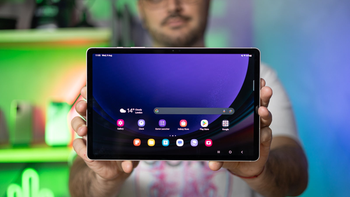



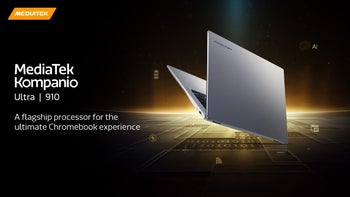
![Some T-Mobile customers can track real-time location of other users and random kids without permission [UPDATED]](https://m-cdn.phonearena.com/images/article/169135-wide-two_350/Some-T-Mobile-customers-can-track-real-time-location-of-other-users-and-random-kids-without-permission-UPDATED.jpg)
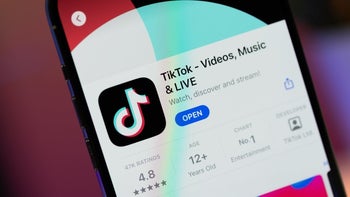
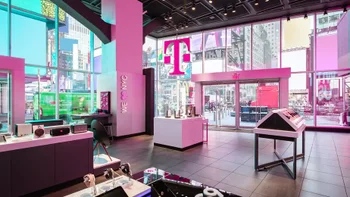

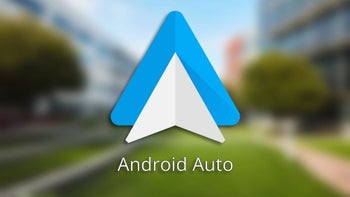
Things that are NOT allowed: